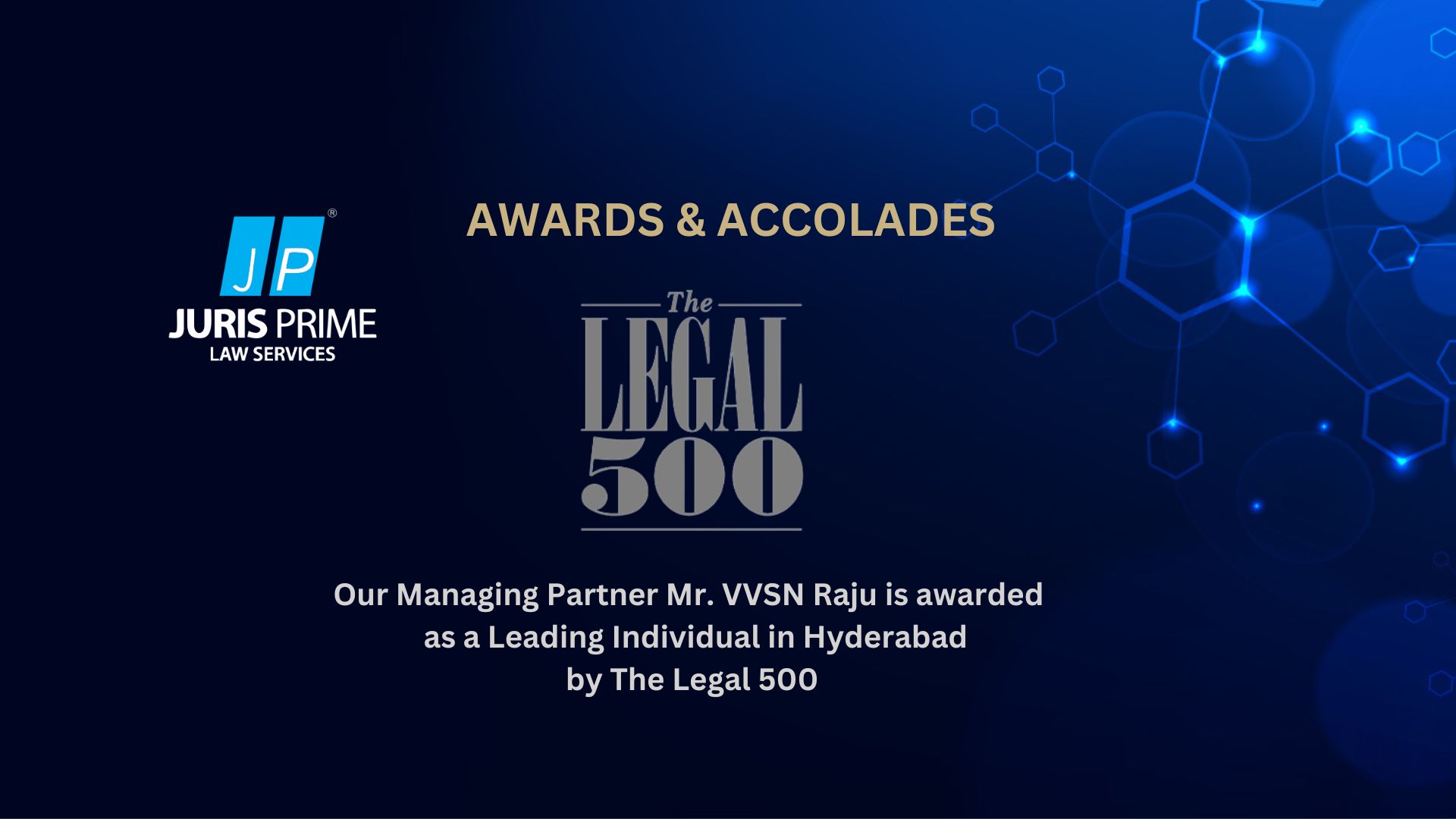
Arbitration is a private dispute resolution mechanism based on an agreement between parties, where they agree to abide by the decision of an arbitrator which is legally enforceable. It is in the principle of arbitration that parties can choose arbitrators or rely on an arbitration institution. If the appointment process fails, either party can apply to the appropriate court under Section 11 of the Arbitration and Conciliation Act, 1996 (hereinafter referred to as the ‘Arbitration Act’), for the appointment of the arbitrator. Section 11 also entrusts Chief Justice to make such scheme which shall govern the matter of arbitration entrusted to it. As per the Scheme of Appointment of Arbitrators by the Chief Justice of Calcutta High Court, 1996 (hereinafter referred to as ‘Scheme’) one of the requisites of the application is that it must also be accompanied by a certified copy or the original arbitration agreement. However, the Hon’ble High Court of Calcutta, in the case of Chandan Chatterjee v. Gita Sundararaman,[i] has taken a different stand.
In the discussed case a Memorandum of Understanding (MoU) was entered into between the partners of the partnership firm, Swarna School (respondent), and the Trustees to transfer the partnership business and the trust to Mr. Chandan Chatterjee (petitioner). The MoU also contained an arbitration clause providing for arbitration in case of dispute. Accordingly, in case of dispute, the petitioner invoked the arbitration clause. The respondent failed to appoint the arbitrators according to the arbitration clause and petitioner preferred an application under Section 11 of the Arbitration Act before the Hon’ble High Court of Calcutta. According to Section 11, the parties are free to decide upon the procedure for the appointment of the arbitrators, but if one of the parties fails to follow the procedure and do not agree to the appointment of the arbitrator within 30 days, the other party is free to approach the appropriate Court for the appointment of arbitrator. In the instant case, one of the issues raised by the respondent was that the petitioner has failed to file a certified copy or the original arbitration agreement, while filing an application under Section 11 of the Act, as mandated by the scheme and accordingly be rejected.
Herein the Hon’ble High Court made a detailed observation of the Scheme. A reference was made to Clause 3(a) of the Scheme, which states that when an application under Section 11 of the arbitration Act is made it must accompany, with it the original arbitration agreement or a duly certified copy, but if the application is not accompanied with such original documents, then in such case Clause 7 of the same scheme provides two remedies to the Applicant. The first being the discretion of the Chief Justice of the Hon’ble High Court or his designate, to reject or allow the application. The second remedy is that if the technical defects or omissions of the application can be rectified, then with the prior approval of the Chief Justice of the Hon’ble High Court, the applicant can apply afresh application.
In the instant case, the reference was made to the judgment of the Hon’ble Supreme Court in the case of Vidyawati Gupta v. Bhakti Hari Nayak, [ii] wherein it was held that when there is a non-compliance of procedural and directory provisions of the law during the course of any litigation, the entire process is not invalidated if the defects are of the curable nature. Accordingly, in the instant case Hon’ble High Court held that in cases where the existence of the agreement is not the point of dispute, an application under Section 11 of the Act ought not to be dismissed on technical or procedural defects and rectification shall cure them of those defects. The application filed under Section 11 of the Act by the petitioner was allowed and the matter was referred for arbitration.
It is pertinent to note that, the intent behind any statute is to provide systematic governance and not to take away the substantial right vested with the people. Same can be observed through various judgements of the Hon’ble Supreme Court. The recent judgement of the Hon’ble Supreme Court in the case of Ramnath Exports Pvt. Ltd. vs Vinita Mehta,[iii] held that any procedural impropriety, although may be considered as an irregularity that can be fixed, should not be permitted to undermine the substantive right obtained by any plaintiff without providing a fair chance to cure it. Reference may also be placed to the judgement given in the case of Uday Shankar Triyar v. Ram Kalewar Prasad Singh and Anr,[iv] wherein the Hon’ble Supreme Court held that the failure to adhere to any procedural requirement for a statement of claim, appeal document, application, or request for remedy should not automatically result in dismissal or rejection unless a relevant statute or rule so mandates.
It is relevant to know that, the stricter provision with respect to admitting application has been already stipulated in sub-section (2) of Section 8 of Arbitration Act and the same stricter provision could have been applied in the instant case, however, the scheme provides a discretion with the Chief Justice and his designates to either allow or not such application. Where the statutes itself doesn’t mandate such a procedure then it shall always be the intent of court not to take away the rights otherwise vested with the one seeking justice.
Authors- Nivedita Jha & Deepit Sheel
[The Authors are associate and intern respectively, in Corporate Law Division in Juris Prime Law Services]







